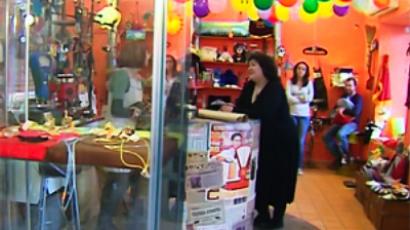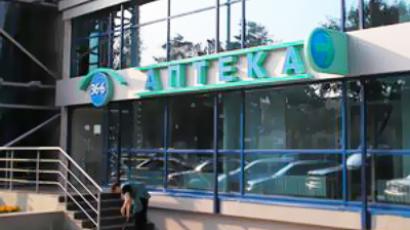Russian pharmaceuticals ride the downturn
The Russian pharmaceutical market has continued to post strong growth figures in Rouble terms, despite the economic downturn, as the sector responds to the crisis with new approaches.
One upside of the economic downturn for the Russian pharmaceutical industry, could be the boost to local drug making as producers, distributors and retailers look to replace expensive imported drugs, with local counterparts. Andrey Belashov, Head of Business Development at Valenta, believes it’s a real option.
“Most Russian producers are capable of filling the market with so called reproduced medicines. As for original ones – many of which are imported – no other company can produce them. We may launch new national products on the market to cover, at least partly, the share of foreign medicines.”
Experts doubt this would stop skyrocketing prices. Imported raw material will increase the cost of medicines for producers. On the other hand, pharmacy chains are thinking about direct collaboration with producers. CEO of the “Doctor Stoletov” pharmacy chain, Svetlana Kosheleva, says its a move to cut distributors out of the game.
“Distributors are making contract terms more severe. They are stricter on payment delays and increasing prices. We may conclude direct contracts with producers if this would be more effective.”
Russia’ two top pharmaceutical distributors, Protek and SIA International cover about 40% of the market. The economic downturn first began hitting them at the end of 2008 when deeply indebted pharmacies could not pay their bills. Since then Protek’s pharmacy chain Rigla has responded by increasing the share of medicines produced in-house by its parent company to 80%.
Analysts say the summer season poses a serious challenge for all market players: a new jump in prices and slump in demand for anti-cold drugs – their best sellers.














